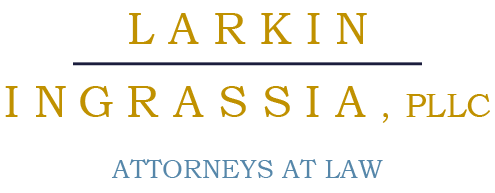What is Willard and how do I get it?
Commonly referred to as a “Willard sentence” or the “Willard program”, Willard is the name of a state correctional facility where eligible offenders who are sentenced to a term of parole supervision serve the first ninety days of such parole. These ninety days focus primarily on treatment and education regarding drug addiction, providing a way for eligible offenders to be rehabilitated and then supervised without serving unnecessarily long prison sentences. After successful completion, the participant is released and serves the remainder of the sentence on parole while at liberty.
Who is eligible for Willard?
Section 410.91 of the Criminal Procedure Law governs eligibility for Willard. To be eligible, the offender must:
- Be convicted of a specified felony offense, which are:
- Burglary in the third degree,
- Criminal mischief in the second or third degrees,
- Grand larceny in the third or fourth degree (1),
- Unauthorized use of a vehicle in the second degree,
- Criminal possession of stolen property in the third or fourth degree (2),
- Forgery in the second degree,
- Criminal possession of a forged instrument in the second degree,
- Unlawfully using slugs in the first degree,
- Criminal diversion of medical marihuana in the first degree (3),
- An attempt to commit any of the above offenses (4),
- A class B felony offense defined in article two hundred twenty where a sentence is imposed pursuant to paragraph (a) of subdivision two of section 70.70 of the penal law,
- Any class C, D or E controlled substance or marijuana felony; and
- Not be convicted of any non-specified felony offenses; and
- Have not previously been convicted of either:
- A violent felony offense, or
- A class A felony offense, or
- A class B felony offense (5); and
- Not be subject to an undischarged term of imprisonment.
Once eligibility has been established the court can order the sentence be executed as a sentence of parole supervision if it finds “(i) that the defendant has a history of controlled substance dependence that is a significant contributing factor to such defendant’s criminal conduct; (ii) that such defendant’s controlled substance dependence could be appropriately addressed by a sentence of parole supervision; and (iii) that imposition of such a sentence would not have an adverse effect on public safety or public confidence in the integrity of the criminal justice system.”
Note, however, that even if eligible, the prosecution may insist a plea offer be conditioned upon the defendant not receiving Willard. Additionally, the court has the ability to deny Willard even where both the prosecutor and defense agree to it. Care must, then, be taken to understand the terms of any negotiated plea.
If you or someone you know is charged with a crime, the attorneys at Larkin Ingrassia, PLLC have over fifty years of combined criminal defense experience in Orange, Dutchess, Ulster, Rockland, Westchester, Sullivan and Putnam Counties, including both litigating cases in court and in arriving at plea resolutions favorable to our clients’ needs. Contact us for a free criminal case consultation.
Footnotes:
- Does not include theft of firearms.
- Does not include criminal possession of stolen firearms.
- Until July 5, 2021.
- Only if the attempted version of the specified offense is also a felony.
- Other than a class B controlled substance felony offenses.
Related:
What is Shock Incarceration, and how do I get it?
What is Judicial Diversion, and how do I get it?


